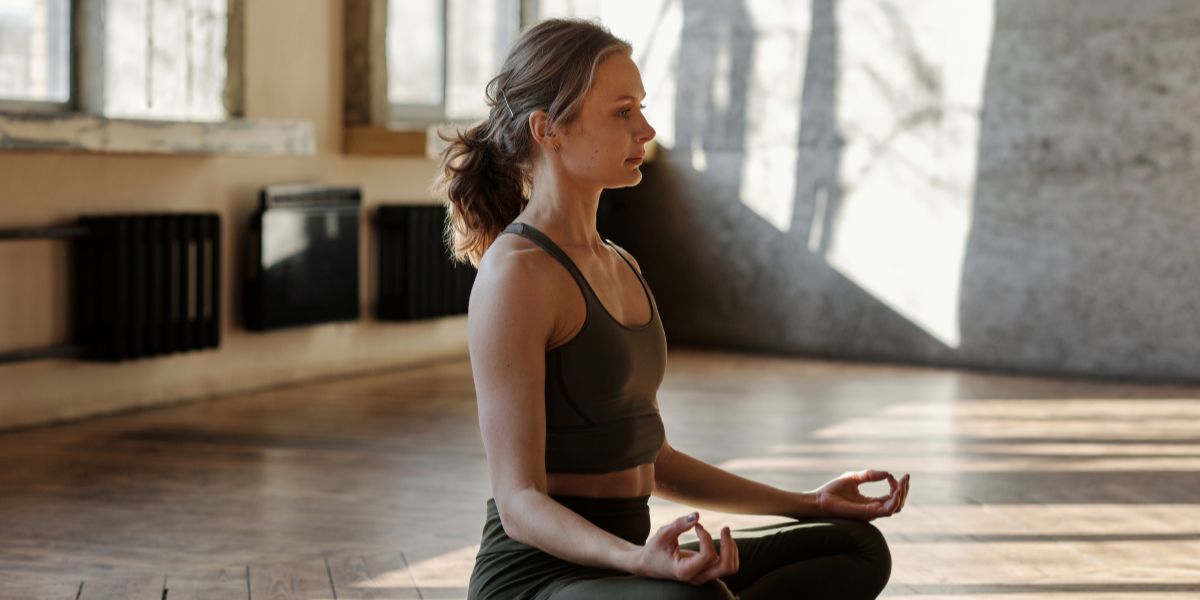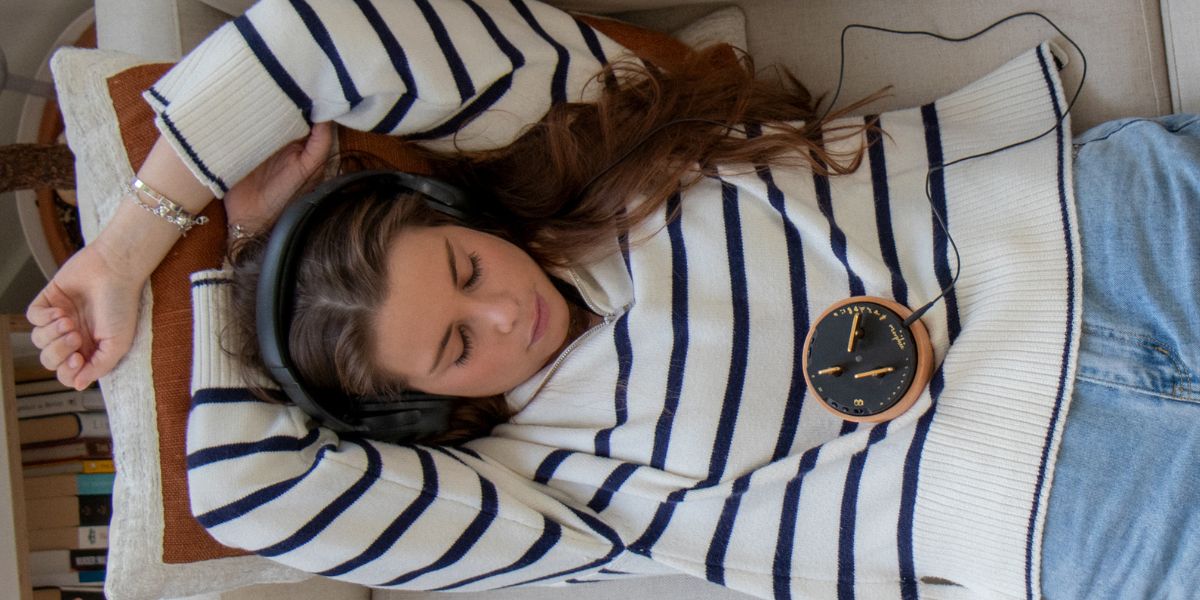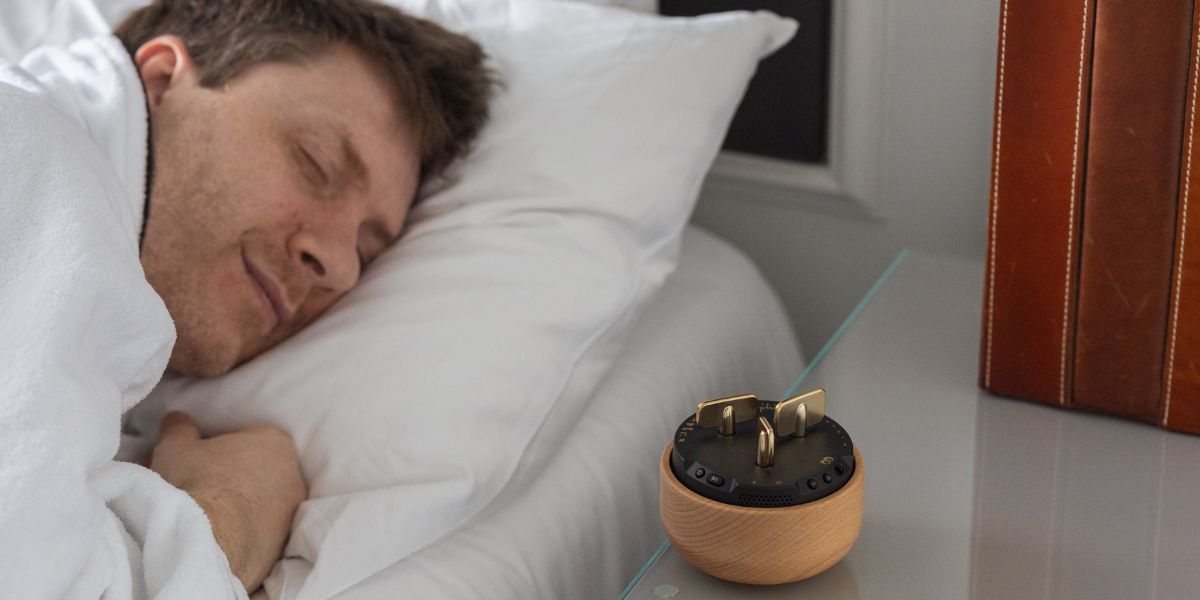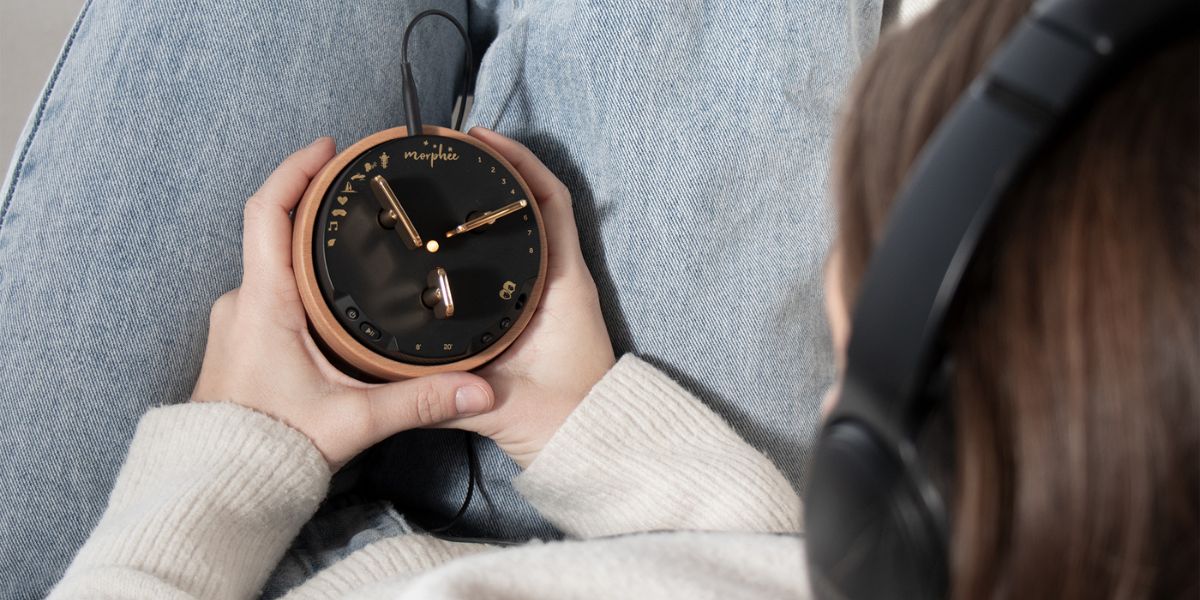As we dive into Stress Awareness Month, it’s a great opportunity to reflect on our mental well-being and explore strategies to alleviate the pressures of modern life. Stress is an inevitable part of life, but it doesn’t have to control everything we do. Whether it’s looming deadlines, financial worries, or personal challenges, finding effective ways to manage stress is essential for our overall health and happiness. In this blog, we’ll delve into 5 practical tips to help reduce your stress levels naturally and cultivate a greater sense of calm and balance in your life. From mindfulness practices to lifestyle adjustments, these strategies are designed to empower you to navigate life’s ups and downs.
1. Regular exercise

Physical activity is one of the most effective ways to combat stress. Exercise helps to release endorphins, which are chemicals in your brain that act as mood elevators. Aim for at least 30 minutes of moderate-intensity exercise most days of the week, such as brisk walking, cycling or yoga.
2. Mindfulness and meditation

Practising mindfulness and meditation can help calm the mind and reduce stress. Mindfulness involves being present in the moment and paying attention to your thoughts, feelings and bodily sensations. Meditation techniques such as deep breathing, guided imagery or body scanning meditation can help to promote relaxation and reduce stress levels.
Morphée is our meditation and relaxation device that contains over 200 guided meditation sessions that incorporate all of the meditation techniques above and more. If you would like to listen to a snippet of our sessions, they can be found on our website. When you order a Morphée device, you will receive one device with a beechwood cover, one micro-usb cable and one booklet with instructions and information on the different combinations possible.
I feel more relaxed when in bed as listening to Morphée clears my mind of any thoughts other than what the Morphée is saying. Only used 8 minutes so far but when that ends I keep the Morphée feeling in my head, reliving it and fall asleep a lot quicker
3. Healthy diet

Eating a balanced and nutritious diet can support your body’s ability to cope with stress. Avoid excessive caffeine, sugar and processed foods, all of which can increase stress and anxiety. Instead, focus on consuming whole foods such as fruits, vegetables, lean proteins, and whole grains, which provide essential nutrients that support overall well-being.
4. Social support and connection

Spending time with friends, family, or loved ones can provide emotional support and perspective during stressful times. Social connection can help reduce feelings of isolation and loneliness, which are common triggers for stress and anxiety. If you are looking to find new friends, joining community groups or clubs can offer additional sources of social support.
5. Quality sleep

Prioritising good sleep hygiene is crucial for stress management. You should aim for 7-9 hours of quality sleep each night by establishing a consistent sleep schedule and creating a relaxing bedtime routine. For tips on how to create the perfect bedtime routine, you can find it here. Getting enough sleep will help to regulate your mood, energy levels and cognitive function, all of which play a role in stress resilience.
If you’re finding it hard to fall asleep at night, or stay asleep then perhaps you should try Morphée, our meditation and sleep aid. Meditation before bed promotes relaxation and calms the mind, helping you to drift into a peaceful slumber.
I love the Morphée sleep aid. It has a good selection of different themes. Breathing, music, cardio, napping, visual journeys, nature sounds etc. 8 or 20 minutes. Male or female voices. I rarely get to listen to the end of my chosen program as I usually fall asleep before it’s finished! Plus no blue light or mobile phone radiation to worry about.
Every individual will cope with stress in different ways, it’s therefore important to test and try different stress-relieving techniques so you can find one that works for you. If you feel that none of the natural solutions are working, and your stress is getting worse and unmanageable, please seek medical advice. Your local GP will be able to help by talking you through the problems you are facing, and will give you advice to help you through your stresses.





